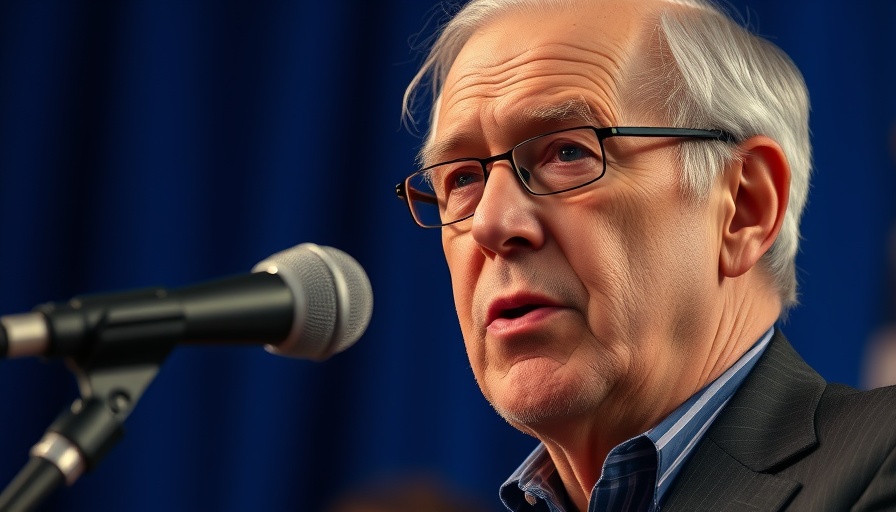
Trump Ends Tariff Pause: A Major Shift in Trade Relations
In a striking announcement, President Donald Trump has declared that he will not be extending the 90-day tariff pause he initially imposed on most nations. This comes just days before the expiration of the moratorium on July 9. The decision breaks a commitment made earlier to Prime Minister Mark Carney at the G7 Summit to work towards relieving some of the arduous tariffs currently affecting international trade.
Implications for Canada and Beyond
Trump’s decision to terminate trade talks predominantly revolves around Canada’s intent to introduce a digital services tax on U.S. tech giants. The proposed tax could impose additional burdens on American companies operating in Canada, which Trump views as hostile. He stated that due to this ambition, Canada should expect retaliatory tariffs unless a deal can be negotiated. This maneuver seems to indicate a shift away from the previously cooperative stance presented during the G7 meetings.
The Potential Consequences of New Tariffs
The impact of Trump's tariffs could be significant, not just for Canada but for global trade at large. If Trump follows through and begins implementing these tariffs, countries that rely heavily on exports to the United States may face drastic increases in their trade costs. A potential 25% or even 35% tariff mentioned by Trump would undoubtedly raise prices for consumers and disrupt supply chains, ultimately affecting trade relationships already strained by the ongoing pandemic.
A Broader Context: Trump's Trade Strategy
This bombshell announcement is part of Trump's larger trade strategy, which emphasizes a transactional approach to international relations. By determining trade penalties based on how each country treats the U.S., Trump is affirming his stance that reciprocal treatment is essential in trade agreements. This position aligns with his overarching “America First” policy, which prioritizes U.S. economic interests above all else.
The Response from U.S. Businesses and Economic Experts
Domestic and international business leaders have expressed concern regarding this abrupt change in stance. Many predict that the termination of trade talks will lead to heightened tensions, not only with Canada but also with other trading partners who may interpret this move as a signal of America’s unwillingness to collaborate on key trade issues. Economic experts warn that such a protectionist approach can lead to trade wars, with potentially damaging effects on the global economy, as retaliatory tariffs may ensue
Looking Ahead: What Does This Mean for the Future of Trade?
The decision to cancel the tariff pause raises crucial questions about the future of international trade under the Trump administration. What kind of deals will emerge in the wake of this abrupt policy shift? Will Trump's government prioritize short-term economic benefits over long-lasting trade partnerships? Businesses and consumers alike will have to brace for the volatility in the market as uncertainties loom.
Final Thoughts
Trump's decision to cease talks and reintroduce tariffs marks a pivotal change in trade policy that will resonate across borders. As nations brace for the ramifications of this shift, the importance of effective negotiation and international collaboration remains paramount in navigating the treacherous waters of global trade.
 Add Row
Add Row  Add
Add 




 Add Row
Add Row  Add
Add 

Write A Comment